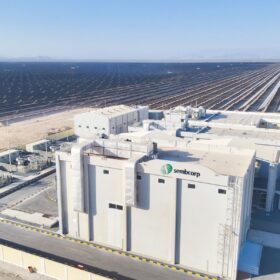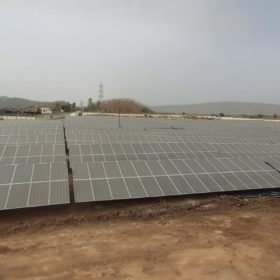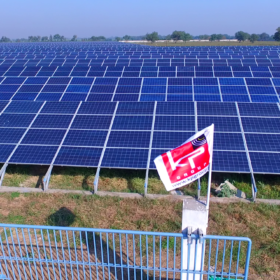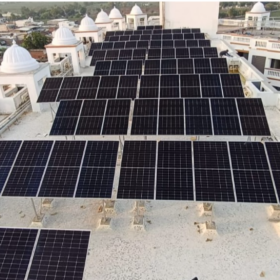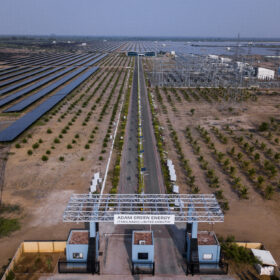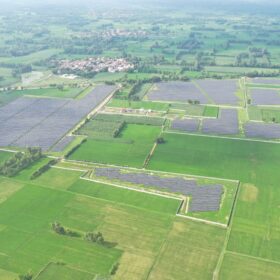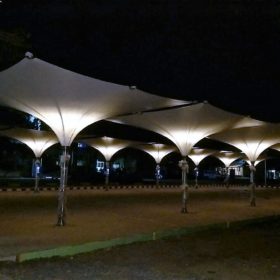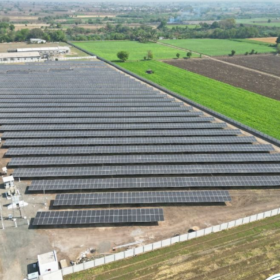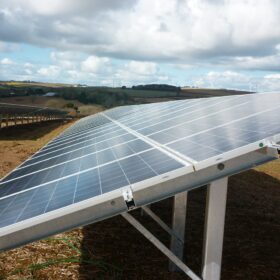BPCL, Sembcorp form renewable energy, green hydrogen joint venture
Bharat Petroleum Corp. Ltd (BPCL) and Sembcorp will jointly explore renewable energy and green hydrogen production projects to help decarbonise hard-to-abate sectors in India.
SCCL seeks consultant for 137 MW of solar
State-owned coal miner Singareni Collieries Co. Ltd (SCCL) is seeking project management consultancy (PMC) services for setting up a cumulative 137 MW AC of solar power capacity across its six different sites.
KPI Green terminates 66.2 MW C&I hybrid power project
KPI Green announced termination of a 66.2 MW hybrid plant order from Sai Bandhan Infinium over change in project technical requirement post receipt of order.
Kosol Energie installs 250 kW solar system at rest house in Salangpur Dham
Kosol Energie has installed a 250 kW solar power system at Shree Gopalanand Swami Yatrik Bhavan, an 1,100-room rest house on the premises of the Lord Hanuman Temple in Salangpur, Gujarat.
India installed 18.5 GW of utility-scale solar, 4.59 GW rooftop PV in 2024
Waaree Energies led solar module shipments with a 14.1% share of the overall supplies in the Indian market during Jan-Dec. 2024 period.
Myanmar earthquake disrupts solar wafer production, global supply chain
The recent 7.7-magnitude earthquake in Myanmar has disrupted solar wafer production in western China, where about 50% of the country’s wafer capacity is concentrated. Major manufacturers have suspended operations due to equipment failures, raising concerns over supply shortages and higher global solar prices.
Swaraj Tractors partners Mahindra Susten to develop 26 MW solar plant for self-consumption
Mahindra Susten will develop a 26 MW solar power plant to supply clean energy to four Swaraj Tractors manufacturing facilities located in Mohali and Dera Bassi, Punjab.
Indian heavy industries present 20 GW open access solar opportunity
A new report by Ember finds that steel, cement, and aluminium industries can profitably integrate 20 GW of solar power to run their operations.
AMPIN Energy Transition secures 10 MW solar PPA with Poly Medicure
AMPIN Energy Transition will supply solar power to medical device manufacturer Poly Medicure’s five plants in Faridabad from its 75 MWp solar park in Kurungawali Sirsa, Haryana.
India’s municipal green bonds market could mobilise up to $2.5 billion with right reforms: CEEW Green Finance Centre
A report by the CEEW Green Finance Centre (CEEW-GFC) says 60% of municipal bonds by value issued so far could have been labelled green but were not, missing cost-saving and investor opportunities. It recommends targeted reforms and structured support to help municipalities access climate finance at scale.
